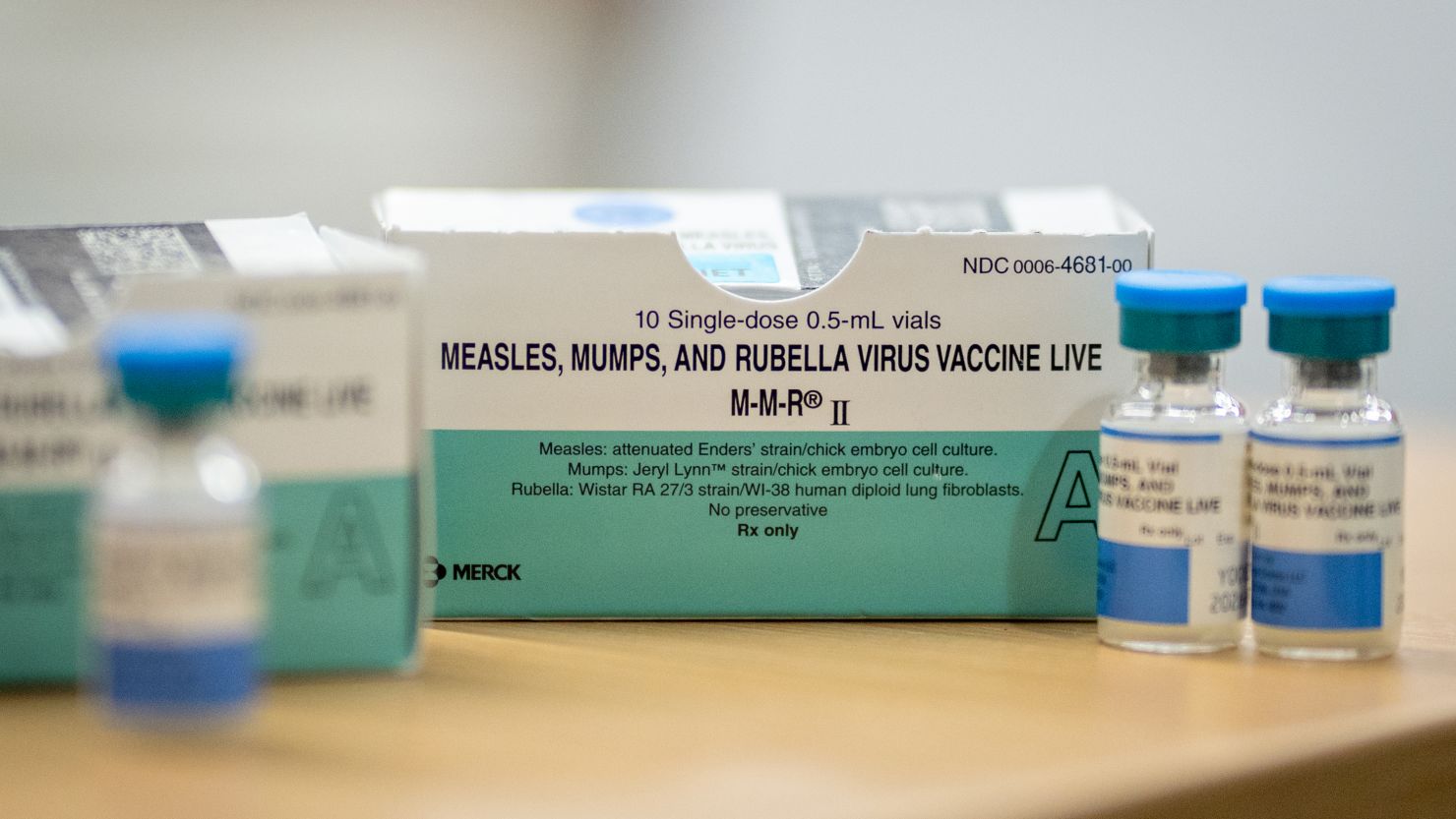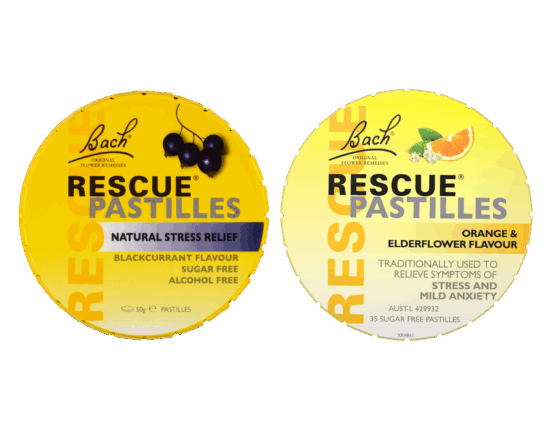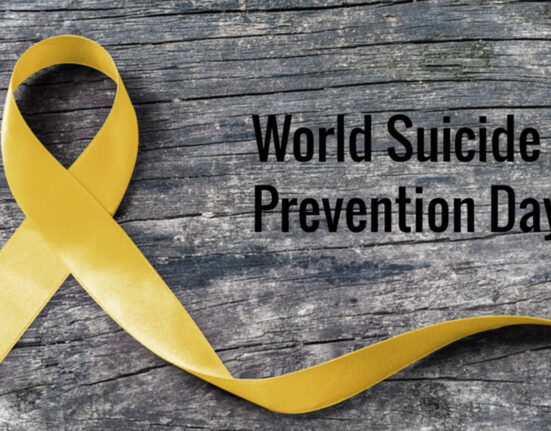In a bid to combat the growing threat of measles, South Australia is gearing up to launch an extensive vaccination campaign. Starting from 1 July, residents will have access to free doses of the Measles Mumps Rubella (MMR) vaccine, courtesy of a state-funded initiative aimed at enhancing vaccination coverage across the region.
The initiative comes at a crucial time as the Australian measles outbreak continues to escalate. The program will equip general practitioners (GPs) and pharmacists with additional doses of the MMR vaccine, specifically targeting residents who are planning overseas travel. This proactive approach seeks to safeguard individuals against potential exposure to measles while traveling abroad.
South Australian Chief Public Health Officer, Professor Nicola Spurrier emphasized the importance of vaccination for those at risk, stating,
“If you were born after 1966 and particularly before 1989 and are traveling overseas in the next three months, now is the time to check your vaccination record or talk to your immunization provider about whether you need additional vaccination to be fully protected against measles.”
Furthermore, infants aged between six and 12 months who are scheduled for international travel within the next three months will also be eligible for the MMR vaccine under this program. While receiving a dose during this period is beneficial, it’s essential for these infants to complete two subsequent doses as part of the National Immunization Program to ensure comprehensive immunity.
With plans in place to extend the program beyond travelers later in the year, South Australia joins other states like New South Wales (NSW), Northern Territory, Tasmania, and Western Australia offering subsidised pre-travel vaccines. Queensland and Victoria also run state-funded MMR catch-up programs catering to adults not covered by existing immunization schemes.
However, amidst global concerns over rising measles cases worldwide, health experts stress that achieving optimal vaccination coverage is paramount in curbing outbreaks. The recent surge in measles cases serves as a stark reminder of the importance of timely vaccinations for children and catch-up programs for adults lagging behind on immunizations.
Australia has experienced a notable increase in measles cases this year compared to previous years. As per reports, there have been 77 confirmed cases so far in 2025 as opposed to 57 throughout all of 2024. Most affected individuals fall within the age group of 20-59 years and have contracted measles through overseas travel.
In response to these developments, health authorities have outlined four key priorities: ensuring on-time vaccinations for children; implementing catch-up programs for adults and older children; providing vaccines for individuals traveling abroad; and disseminating consistent information nationwide.
The Australian Health Protection Committee has expressed concerns surrounding low two-dose vaccination rates among Australians born between 1966 and mid-1990s – urging those without evidence of completing both doses seek immediate vaccination from healthcare providers.
As nations worldwide grapple with mounting challenges posed by infectious diseases like measles, concerted efforts towards bolstering immunization initiatives remain critical in safeguarding public health both domestically and internationally.








Leave feedback about this